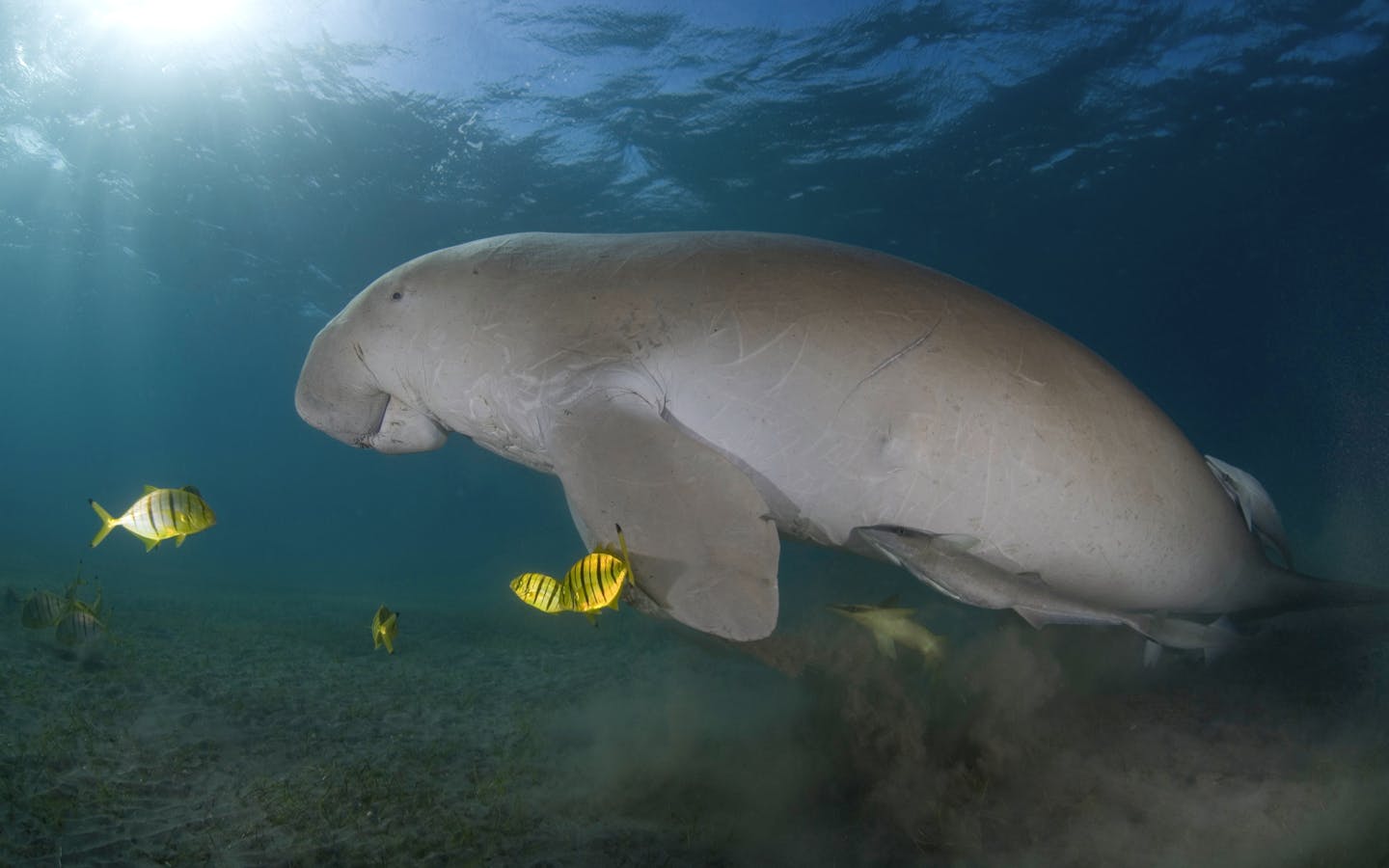Timor-Leste’s waters have great potential for community-based nature tourism. As well as holding highly pristine, remote and biodiverse coral reefs, these waters harbor one-third of the world’s whale and dolphin species and various sea turtle species. Guided tours, homestays and other associated jobs could generate significant local income but must be carried out with care and best practice to ensure benefits to people and nature.
Our role
Conservation International is working to understand where the most important areas are for conservation through research and community consultation.
We have supported communities to establish protected areas in such areas so that they not only support local subsistence needs but also can increase local benefits through the establishment of sustainable tourism in time.
Our work with local and national governments and the communities is focused on driving forward eco-tourism as a viable development pathway to realise this future.
Our work

Best practice whale and dolphin watching
We conduct training workshops for marine tourism operators, fishermen, and guides from Dili and Atauro Island, to share and promote best practice whale and dolphin watching methods, in order to minimize environmental impacts of tourism activities and develop onboard education programs. In doing so, we provide the proper platforms for locals to seek forms of employment that continue to protect marine life.
Conservation International developed guidelines for the national government to support a regulatory framework for responsible tourism centered around whale and dolphin watching. Follow this link to view the official Guidelines for Interactions with Cetaceans issued in 2020.

Prioritizing sustainable tourism
Considering the country’s young age and high level of poverty, there is understandably an urgent focus on economic development. Conservation International works alongside governments to ensure that steps taken for progress do not jeopardize the wellbeing of future generations through short-term gains. We are focused on supporting nature-based development based on protected area management and tourism through sustainable industries such as whale tourism or snorkeling or diving activities.

Protecting marine life
For eco-tourism to remain a viable development pathway for Timor-Leste, the health of its stunning marine ecosystem is essential. Marine protected areas must have strong legal protection and equally must be understood and valued locally to foster compliance and to ensure their ultimate success. Since tourism has the potential to cause extreme damage to the environment, we are focused on ensuring the resources are available from best practice guidelines to local capacity, policy and sustainable finance to ensure the most sustainable methods are applied.
Look after nature (and) nature looks after you.
Ernesto Da Cruz, Former Turtle Hunter-turned Conservation Volunteer




